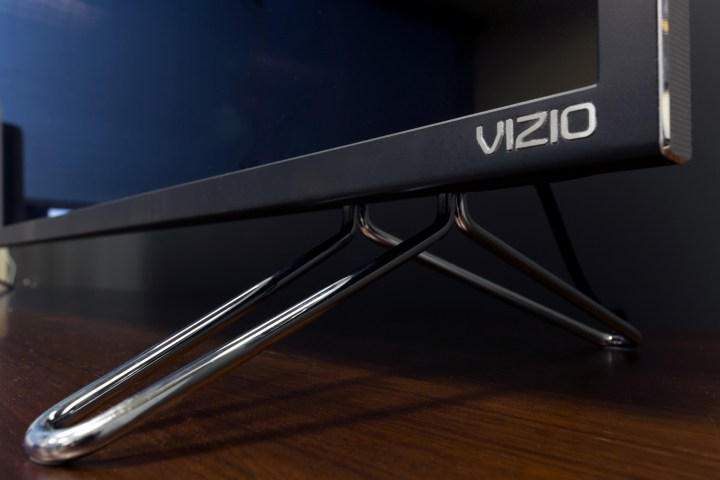
“Under the new agreement, LeEco and Vizio will continue to explore opportunities to incorporate the Le app and content within the Vizio connected CE platform, and engage in a collaborative partnership to leverage LeEco’s EUI (Ecosystem User Interface) platform, along with the brand’s exclusive content and distribution channels, to bring Vizio products to the China market,” the two companies announced on Monday.
What exactly this collaborative partnership entails remains to be seen but both companies stand to benefit. As mentioned in the announcement, Vizio is looking to expand its currently tiny presence in China, while working with Vizio could help LeEco expand its EcoPass subscription service.
This is not the only plan of LeEco’s to go awry in recent months. In March, the company sold property it bought in Silicon Valley after owning it for less than a year. This property was originally planned to be an “EcoCity that houses 12,000 employees,” but money issues prevented the company from following through on its plans.
Without the acquisition, what lies in Vizio’s future remains a mystery. Vizio had been looking toward an initial public offering before the acquisition announcement and could be considering this course of action once again. Having an ally to help it expand in the Chinese market could be helpful.
“We continue to believe that there is great synergy between the two companies, and are pleased to announce that LeEco and Vizio have reached an agreement that is a win for both companies,” the companies said in the statement.


